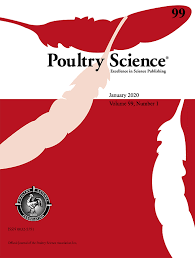Document type : Article published in Poultry World
Author: Tony McDougal
Preview: According to a leading animal welfare behaviour specialist, greater use of on-farm hatcheries will reduce the stress of young chicks, which has an adverse effect on growth and mortality rates.
Transporting day-old chicks even across a small distance can cause stress, argues Professor Lucy Asher, senior lecturer in poultry behaviour at the School of Natural and Environmental Science, Newcastle University. Prof Asher has been looking at a distress calls for commercial monitoring of broiler chick welfare and found that chickens make 30 different calls. While chicks make fewer noises, distress calls are an indicator of something negative. Consistent distress calls have lasting effects on growth and the ability to cope with stress. Chicks tend to make such calls when they are isolated from other birds, when they are too cold or hot, or fearful for specific reasons.
Stress could be contagious
Prof Asher told a National Farmers' Union poultry research seminar that if other birds heard these types of calls made in the early days of life (3-7 days), such stress could be contagious and be passed on to other birds, which leads to pessimism later in life. Trials have been taking place on 12 commercial flocks with evidence pointing not only to distressed chicks linking to lower weight gain up to day 32, but also to increased mortality.
Prof Asher was particularly interested in a presentation by Lancashire farmer Glen Haggart, who plays music in laying sheds to improve bird welfare. Mr Haggart, whose 64,000 birds produce eggs for Stonegate Farmers, said he believed music and sounds reduced anxiety, familiarised birds to external noises, reduced aggression and increased egg production.






